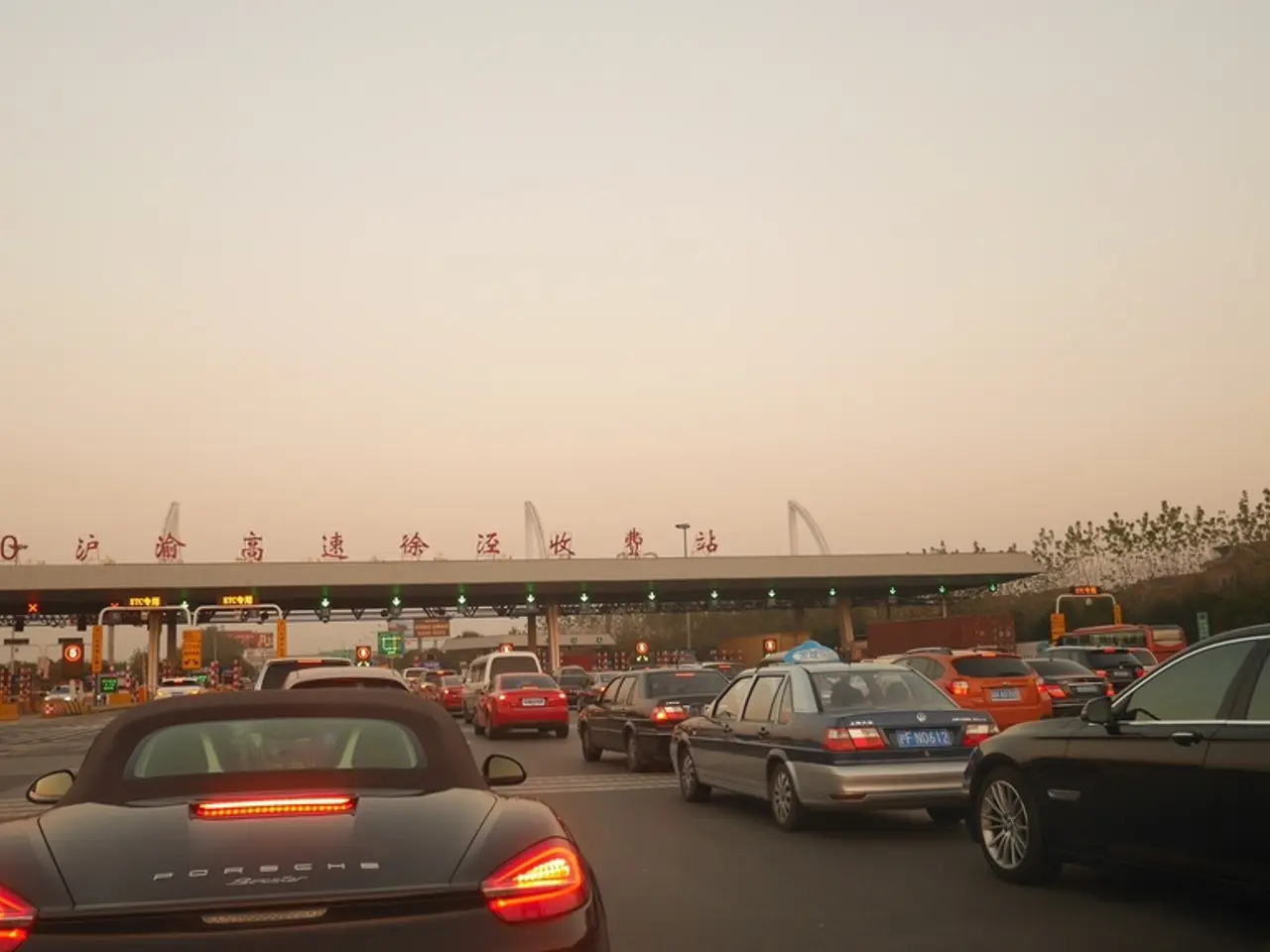Road usage fees in Abu Dhabi will undergo modifications, with the new regulations taking effect from Monday.
In an effort to manage traffic congestion and encourage the use of public transport, changes are coming to Abu Dhabi's road toll system. The latest updates, announced by Q Mobility, a subsidiary of Abu Dhabi Holding Company (ADQ), will take effect on Monday.
The charging hours for the road toll system will be extended by two hours each day, starting from September 1. This means that drivers will now pay road toll charges from 7am to 9am in the morning, and from 3pm to 7pm in the afternoon, Monday to Saturday. The existing flat fee of Dh4 for passing toll gates during these hours remains unaffected by the new regulations.
One of the key changes is the removal of daily and monthly caps for road toll usage. This means that drivers who frequently travel through the toll gates will no longer be subject to a limit on their spending. However, monthly limits for road toll charges have been set at Dh200 for the first vehicle, Dh150 for a second vehicle, and Dh100 for a third.
The existing exemption policy on fees continues for eligible groups, including people with disabilities, low-income families, senior citizens, and retirees. Charges are also waived on Sundays and on official public holidays.
The road toll system in Abu Dhabi was introduced in January 2021 as part of government efforts to reduce congestion and encourage the use of public transport. The network of road toll gates remains free to pass through outside of the set morning and afternoon hours.
Abu Dhabi's population has consistently grown since the launch of the road toll system. The emirate's population stood at 4,135,985 by the end of last year, due to a 9.1% increase in its workforce. In fact, the population has increased by 51% in the past decade, rising from 2.7 million in 2014 to more than 4.1 million. This growth is attributed to Abu Dhabi's status as a leading destination for businesses and investors, as well as the development of new residential and leisure projects.
The changes aim to boost traffic flow in peak hours, helping to ease congestion and improve the overall efficiency of the city's transport system. With these updates, Abu Dhabi continues to strive towards creating a more sustainable and efficient urban environment for its growing population.
Read also:
- Peptide YY (PYY): Exploring its Role in Appetite Suppression, Intestinal Health, and Cognitive Links
- Toddler Health: Rotavirus Signs, Origins, and Potential Complications
- Digestive issues and heart discomfort: Root causes and associated health conditions
- House Infernos: Deadly Hazards Surpassing the Flames








